We’re witnessing an absolute flurry of affordable 5G phones in the Indian market! Smartphone manufacturers such as Realme, Xiaomi, Oppo, Samsung, and others have debuted 5G-ready phones at an affordable price to ensure people are future-ready without breaking the bank. iQOO has followed suit and launched the iQOO Z5 5G, priced competitively at Rs 19,990 (for the base variant). We received the most expensive variant of the device with 8GB RAM and 256GB internal storage, priced at Rs 22,990. The device coincidentally launches on the same day as the Poco M3 Pro 5G, although the new Poco is priced under 20K. The iQOO Z3 5G is the first phone in India to feature the Qualcomm Snapdragon 768G SoC. It also comes with 55W fast charging, a 4,400mAh battery, and a 64MP-based triple camera setup. It competes against the likes of devices such as Xiaomi Mi 10i, Samsung Galaxy M42 5G, Oppo F19 Pro+ 5G, and the upcoming OnePlus Nord CE 5G. Competition is extremely stiff at this price point, so let’s find out how the iQOO Z3 5G fares and if it’s worth shelling out money for.
iQOO Z3 5G Performance Review
iQOO has iterated that the Z3 5G’s utmost focus is performance, followed by battery and finally, the camera. iQOO has garnered attention as the gaming-focused sub-brand of Vivo with devices such as the iQOO 3 5G and the iQOO 7 series, so it makes sense for the brand to put performance above all. Under the hood, the iQOO Z3 5G features the Qualcomm Snapdragon 768G SoC, an overclocked variant of the Snapdragon 765G with 5G support. It is the first phone launched in India to house this chipset. The CPU has one 2.8GHz Kryo 475 Prime core, one 2.4GHz Kryo 475 Gold core, and six 1.8GHz Kryo 475 Silver cores. This is paired with 6GB / 8GB LPDDR4X RAM and 128GB / 256GB UFS 2.2 internal storage. There are three RAM + storage configurations – 6GB RAM + 128GB ROM for Rs 19,990, 8GB RAM + 128GB ROM for Rs 20,990 and 8GB RAM + 256GB ROM for Rs 22,990. The phone supports expandable storage via microSD card up to 1TB. It runs Funtouch OS 11.1 Global based on Android 11. The Snapdragon 768G SoC is the cream of the crop in the Snapdragon 7 series lineup, and benchmark results demonstrated that, in most cases.
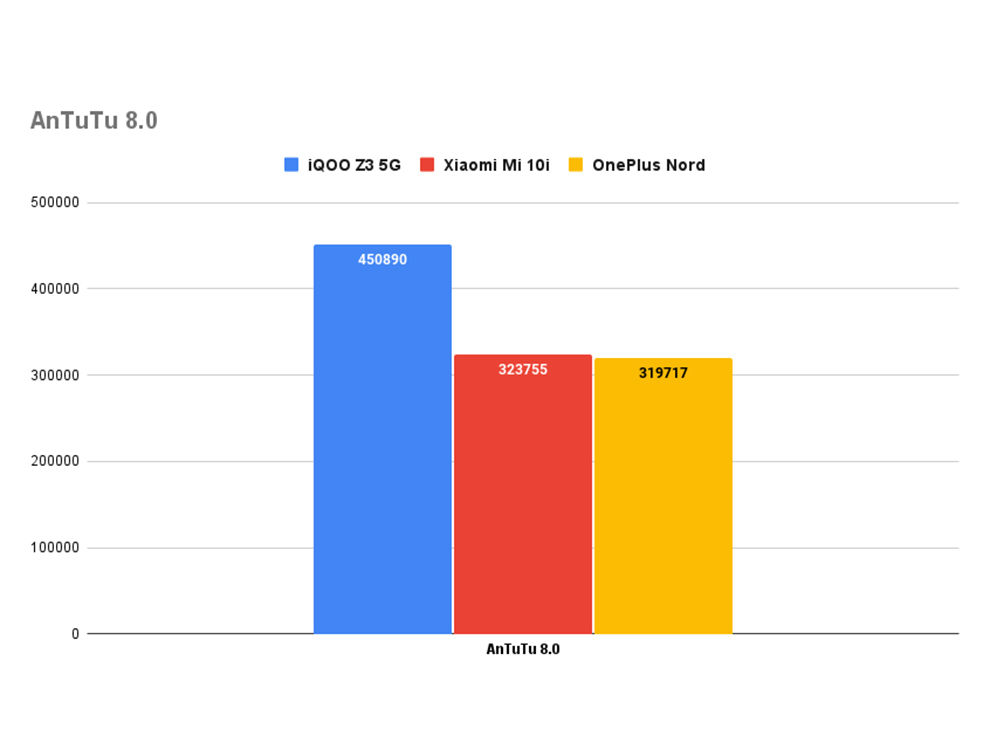
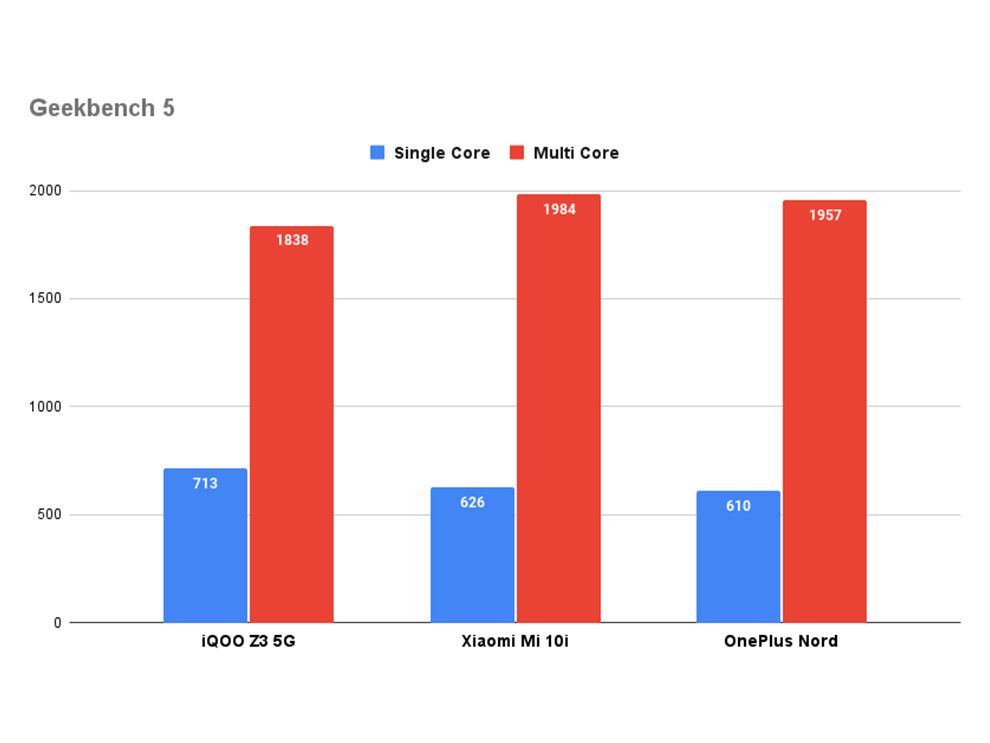
In AnTuTu 8.0, the phone scored a solid 450890 which is significantly better than the scores of the Xiaomi Mi 10i and the OnePlus Nord. The Mi 10i, housing the Snapdragon 750G SoC, scored 323755, while the OnePlus Nord, with the Snapdragon 765G SoC scored 319717. In Geekbench 5, we saw the tides turn a bit with the iQOO Z3 5G scoring higher than the Xiaomi Mi 10i and the OnePlus Nord in the Single-Core benchmark, but lower than both devices in the Multi-Core benchmark. The iQOO Z3 5G scored 713 and 1838 in single-core and multi-core benchmarks respectively, the Mi 10i scored 626 in the single-core but beat the iQOO Z3 by scoring 1984 in multi-core. The OnePlus Nord scored 610 in single-core and 1957 in multi-core, beating the iQOO Z3 in multi-core but lagging behind the Mi 10i. In PCMark Work 3.0, the iQOO Z3 5G bagged a score of 8584.
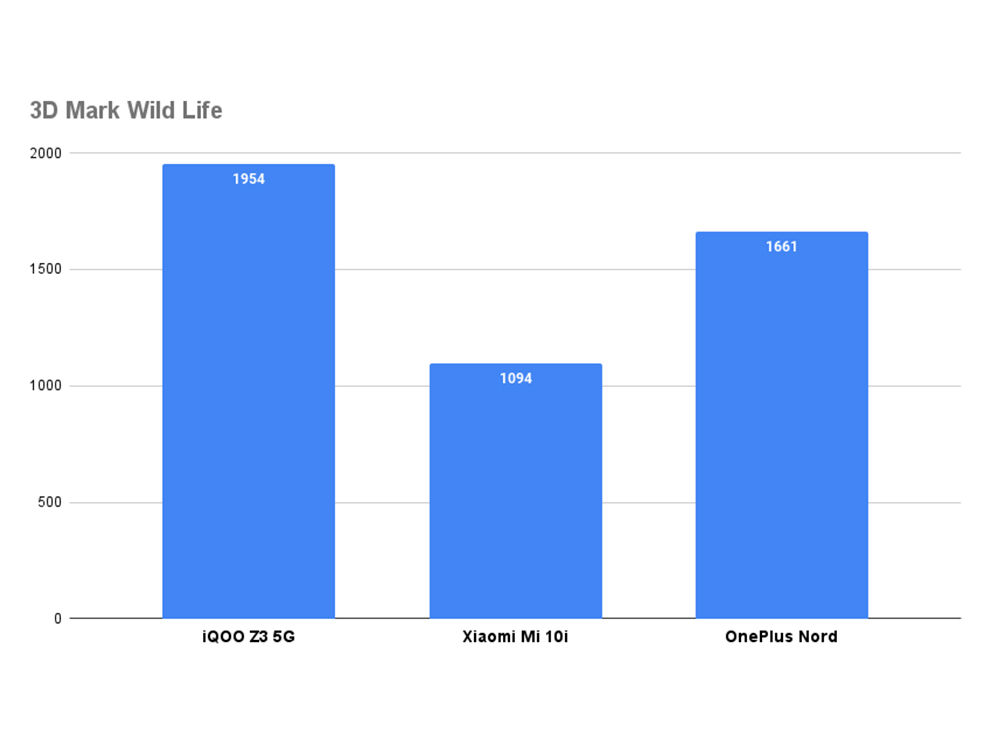
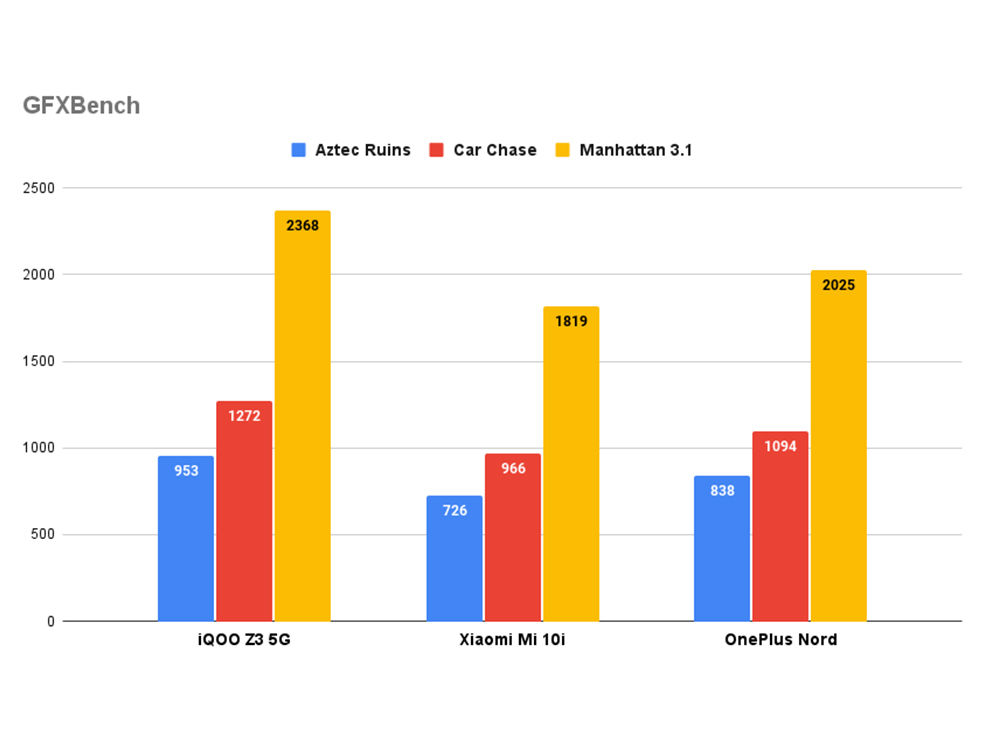
Coming to GPU benchmarks, the iQOO Z3 5G scored convincingly higher than the Mi 10i and the OnePlus Nord in both 3D Mark Wild Life and GFXBench (Aztec Ruins, Manhattan 3.1 and Car Chase). Unfortunately, Gamebench refused to work with this device. In real-world usage, the iQOO performed admirably well. We did not encounter any lag or stutters while browsing the web and social media, texting, opening up apps, and more. Also, the 8GB RAM worked as intended and multitasking was an extremely smooth affair. The 120Hz refresh rate display made things appear even smoother, especially when scrolling between screens and in apps. The phone also comes equipped with virtual RAM expansion, where 3GB from the ROM is converted into vRAM, allegedly making it perform like an 11GB RAM phone.
Moving on to gaming performance, we played Call of Duty: Mobile and Asphalt 9 at high graphics. The games ran extremely smoothly with no major setbacks and only heated up slightly after a few rounds of COD. Frame rates were consistent throughout our duration of testing.
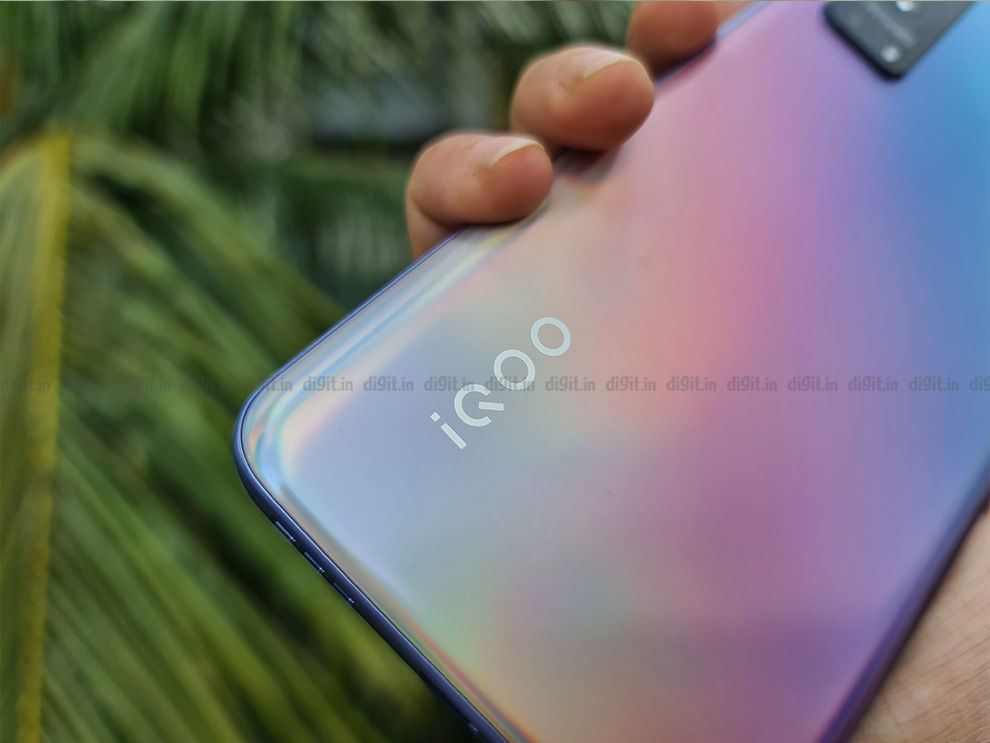
As for the software, the iQOO Z3 5G runs Funtouch OS 11.1 based on Android 11. The OS is fluid and easy to navigate. There’s a bunch of preinstalled apps such as Dailyhunt, Moj, Netflix, Snapchat, and iQOO apps. The third-party apps can easily be uninstalled but iQOO apps cannot be. Funtouch OS also offers tons of customisations such as themes, screen colours, font sizes, screen refresh rates, animation and light effects, and more. There’s also an Ultra Game Mode that optimises CPU/GPU, RAM and more when playing games. You can also activate certain settings from the Ultra Game Mode sidebar such as muting notifications, rejecting calls, taking screenshots, recording gameplay, and much more.
Overall, there’s little to complain about when it comes to performance, gaming or otherwise, on the iQOO Z3 5G. Everything feels snappy and lag-free, which is a great quality in a phone under Rs 25,000. So, whether you’re a gamer, power user, or even a casual user, the phone will not disappoint you when it comes to sheer performance.
iQOO Z3 5G Battery Review
The iQOO Z3 5G is equipped with a 4,400mAh battery that supports 55W FlashCharge. It comes with a 55W charger out of the box that charges the device from 0 to 100 percent in 55 minutes. The phone reached 62 percent battery within merely 30 minutes of charging it from empty. If you’re an avid mobile gamer or a power user, the phone should last you about a day or slightly less. However, if you’re a regular user, you should be able to get over a day and a half of usage easily.
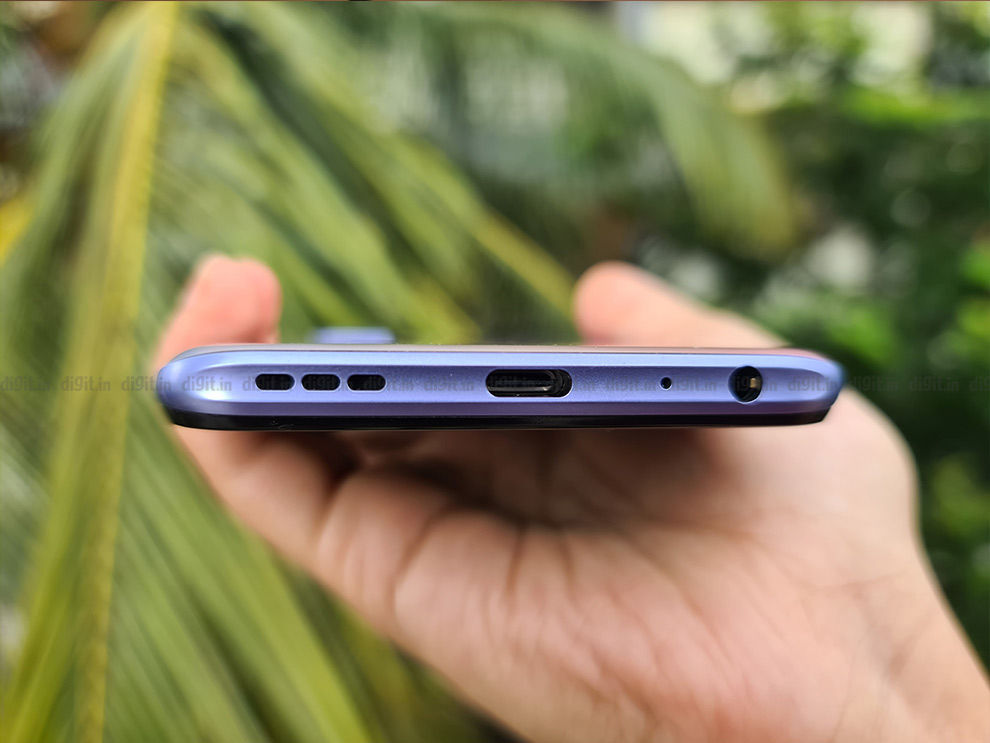
In our video loop test, the phone played a 1080p video on loop and lasted over 17 hours from a full charge. Fifteen minutes of playing Call of Duty: Mobile cost only 5 percent battery and half an hour of streaming Netflix cost the phone only 6 percent battery. If battery life is an important factor for you when considering a phone, the iQOO Z3 5G gives you little to complain about in this area.
iQOO Z3 5G Camera Review
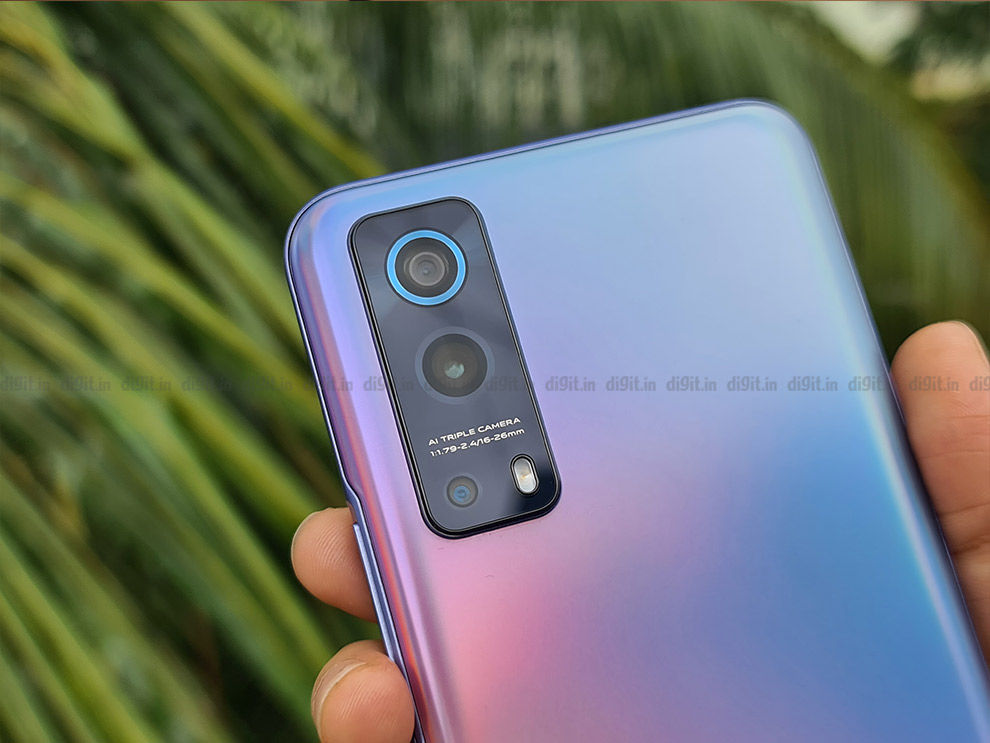
The iQOO Z3 5G comes with a triple rear camera setup consisting of a 64-megapixel Samsung GW3 primary sensor with an f/1.79 aperture, an 8-megapixel ultrawide sensor with an f/2.2 aperture, and a 2-megapixel macro shooter with an f/2.4 aperture. One of this phone’s biggest competitors, the Mi 10i comes with Samsung’s 108-megapixel HM2 sensor, which delivers much better performance. In daylight, the iQOO Z3 5G’s primary lens produces high-contrast, sharp and vibrant pictures. The pictures come out looking extremely saturated, so they’re not at all colour accurate. The dynamic range is mediocre, at best, with shadows being crushed even in broad daylight. Even turning on HDR doesn’t make too much difference, unfortunately. Check out the samples below. Do note, the images have been resized for the web.
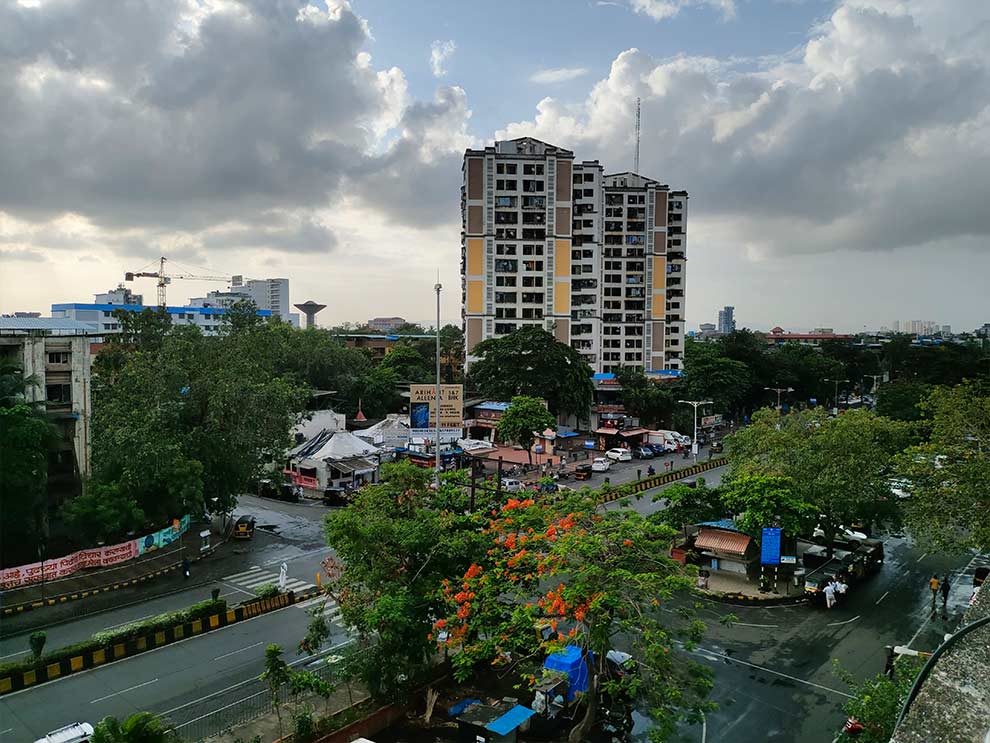
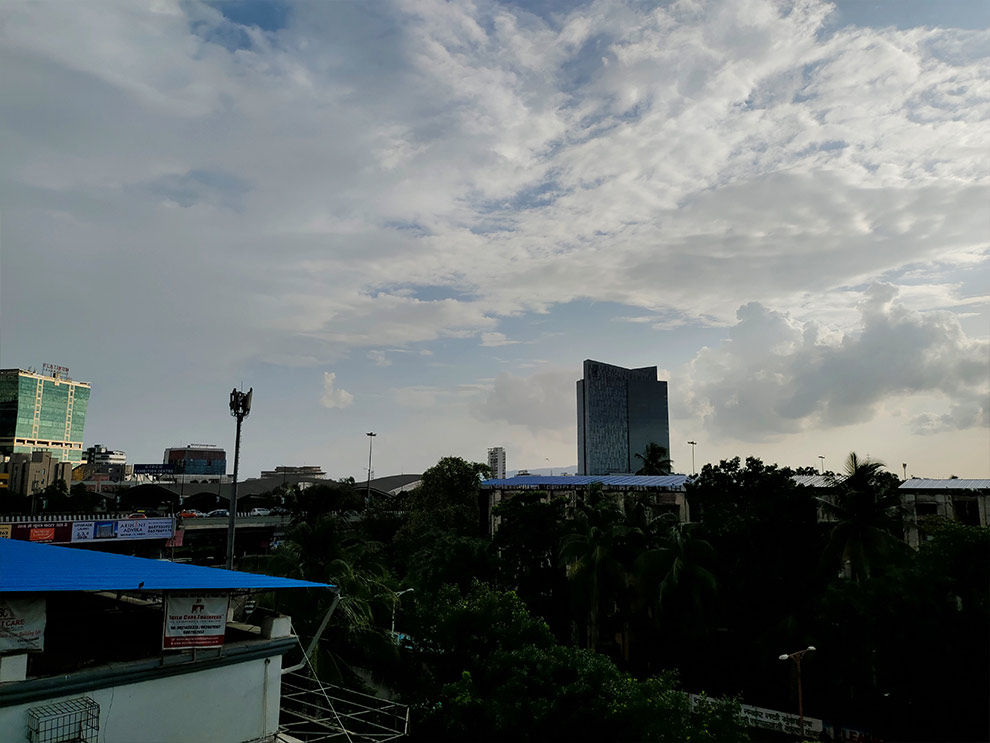
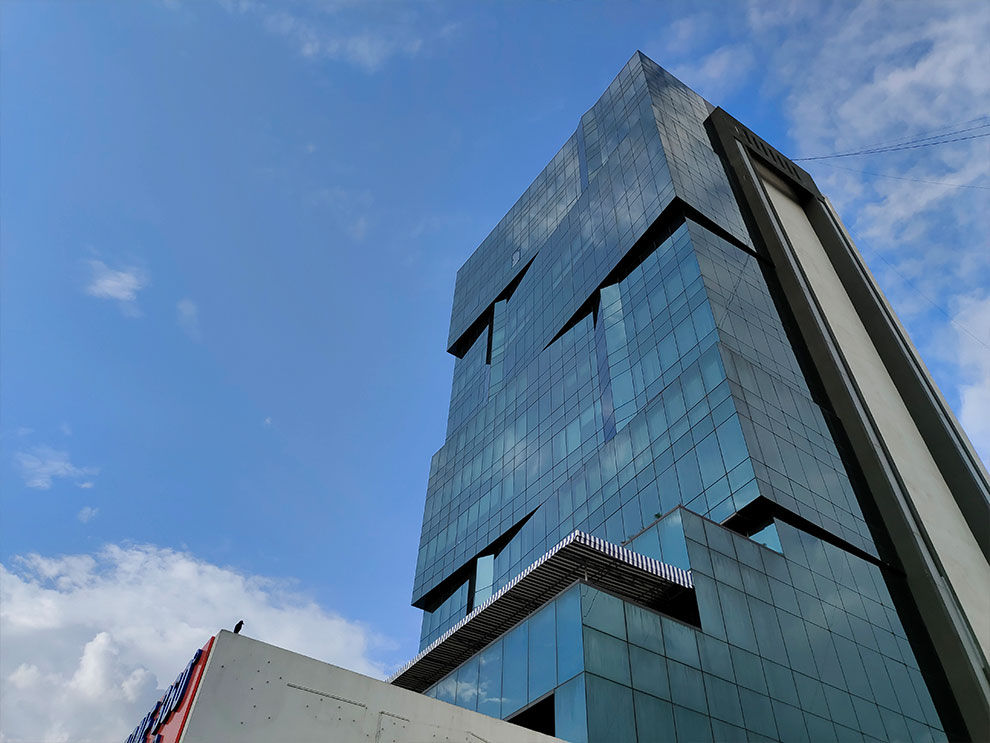
For close up shots, you get a decent natural bokeh without portrait mode being turned on. With portrait mode on, you get a more obvious bokeh effect. We took several portrait shots with human subjects and the edge detection is average. It does incorrectly blur small portions of the subject with most shots, but the end result doesn’t look bad. It’s pretty decent, actually.
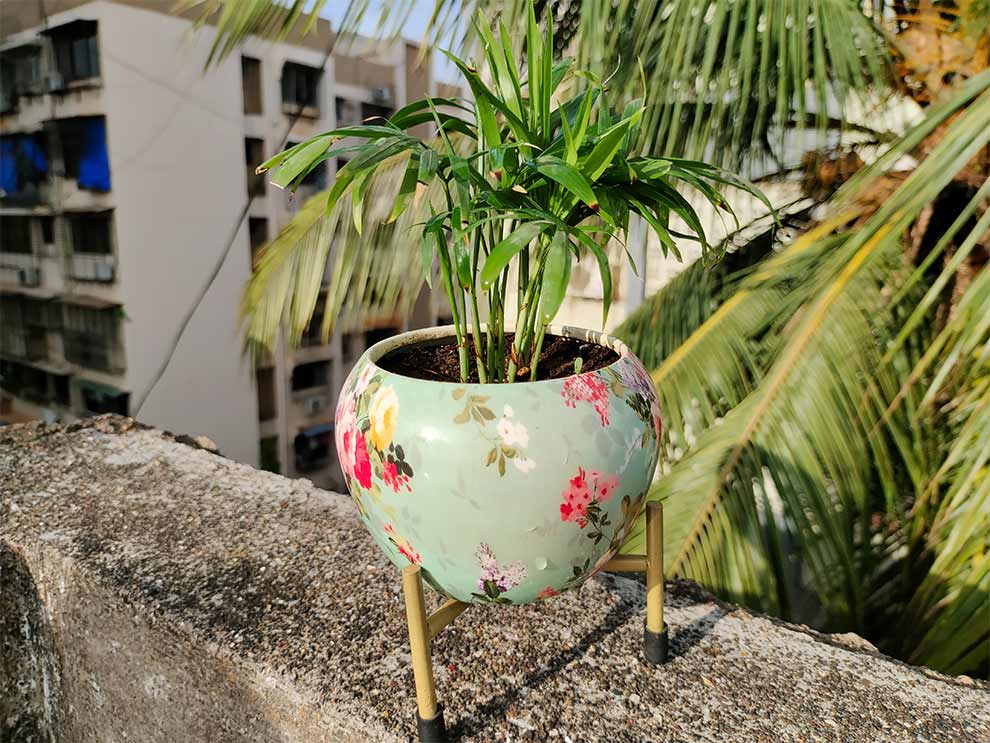
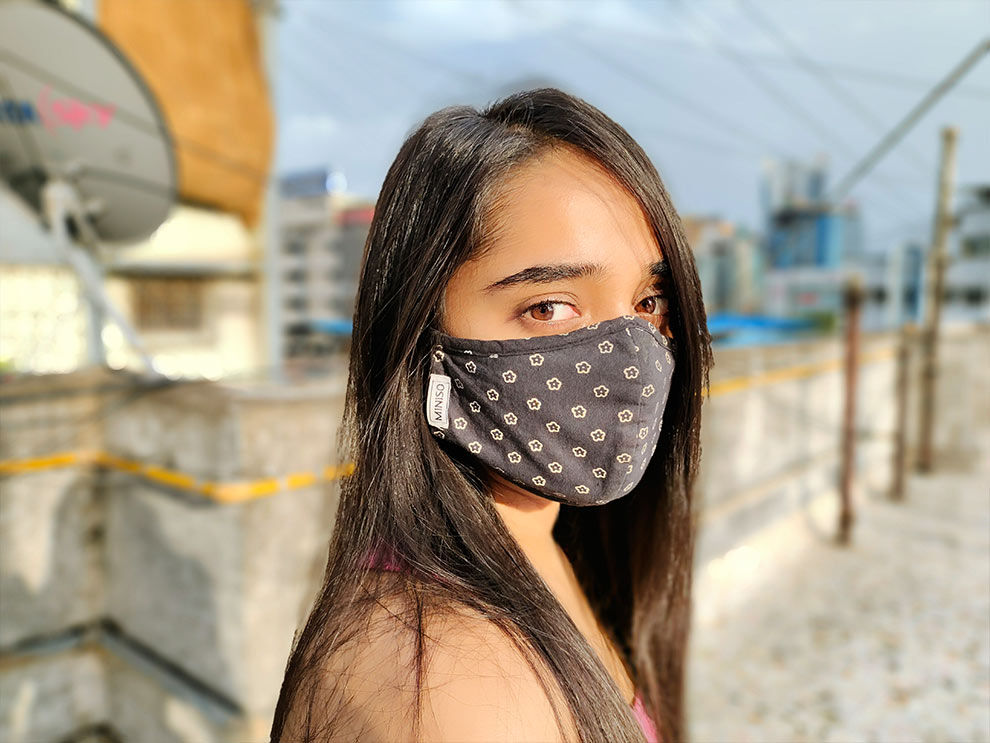
In low light, you get extremely underexposed shots with crushed shadows and considerable amounts of noise. Also, the colours lack accuracy in low light images. You’ll be hard-pressed to get half-decent shots in low light without using Night Mode or turning on the flash. Speaking of night mode, turning it on does considerably improve the picture quality by making it brighter and slightly more detailed. The results still don’t look ideal, but that’s expected at this price range.


Night mode off (left) vs Night mode on (right)
The 8-megapixel ultrawide camera is, yet again, average. It offers pretty decent sharpness in the centre of the photo but you have some noticeable fall-off towards the edges. Also, there’s noticeable lens distortion and the picture appears warped towards the edges. Colours are over-saturated on this lens as well. The Ultra-Wide lens is capable of shooting in Night Mode, but the results were grainy and unimpressive.
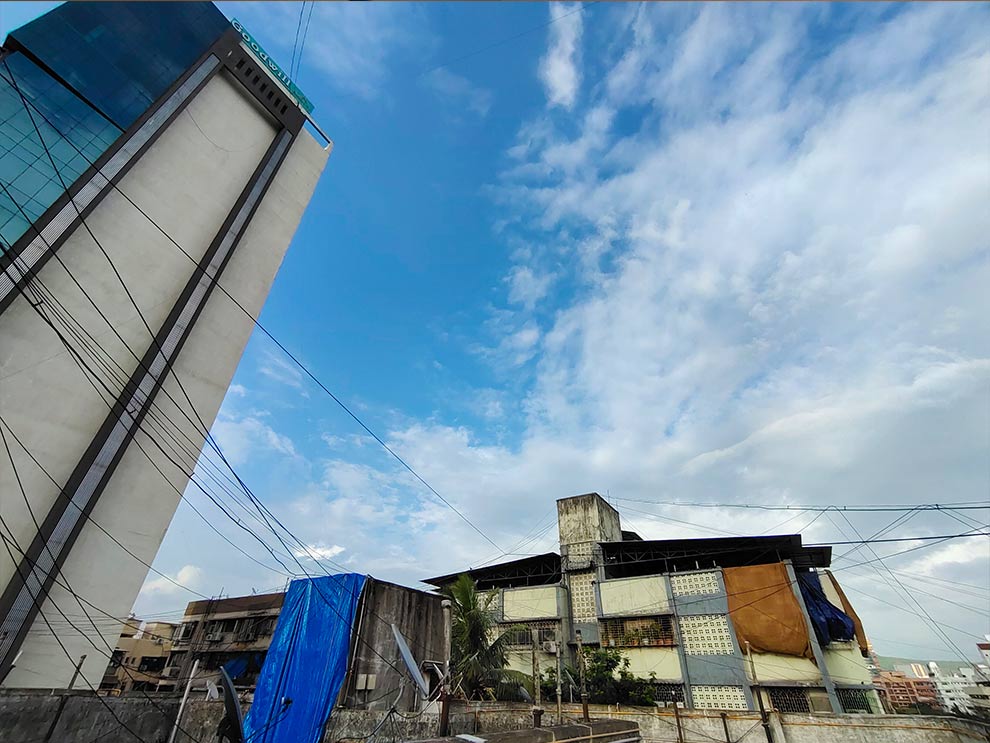
The phone also has a 2MP macro shooter which isn’t very usable in most cases. The macro camera has a fixed focus, so getting a good image from this lens is more of a hit and miss. The tiniest amount of shake causes the image to become blurry, so we had a tough time using the lens and getting half-decent shots out of it.

For selfies, the phone comes equipped with a 16-megapixel shooter which produces pretty decent results with good colour and sharpness. Colours are not oversaturated, like on the rear lenses, which is good news. We did encounter a pretty significant issue with Portrait Mode in selfie shots. The camera was very inconsistent with applying a bokeh effect in selfie shots when shooting in portrait mode. About 80 per cent of the times we tried, the shots came out with no background blur whatsoever, despite the viewfinder showing background blur when clicking the photo. We reached out to the company regarding this issue and they said that they’re working on a fix for it.
iQOO Z3 5G Design and Display Review
The iQOO Z3 5G has a plastic build and is available in only two colours – Ace Black and Cyber Blue. We received the Blue variant and the rear panel has an extremely vibrant rainbow effect, which wasn’t particularly appealing to us, but it might be for you. The phone measures 8.5mm in thickness and weighs 185g, so it’s pretty lightweight. The back panel is slightly slippery though, so we recommend using the device with a case, which the company has provided in the box. The phone feels decent in the hand, however, the corner edges are a bit too sharp, in our opinion.
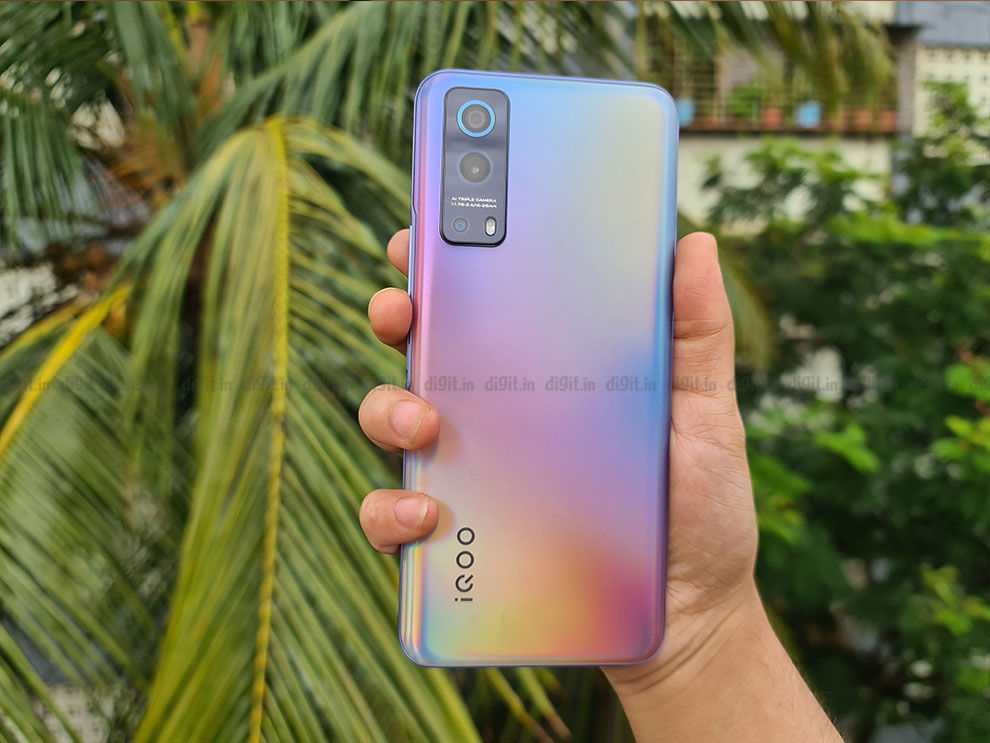
The rear panel attracts a lot of fingerprints and smudges within minutes of using the phone. Another reason to slap on the case provided. The volume rockers and the power button are on the right side. They’re pretty clicky and have good feedback. The power button also doubles as a fingerprint sensor, which worked very reliably in our testing period. The iQOO Z3 5G is also rated IP52 dust and water-resistant, so it can take light splashes of water and dust, but that’s about it, don’t go running it under a tap. There are no stereo speakers on the device, which is another disappointment.
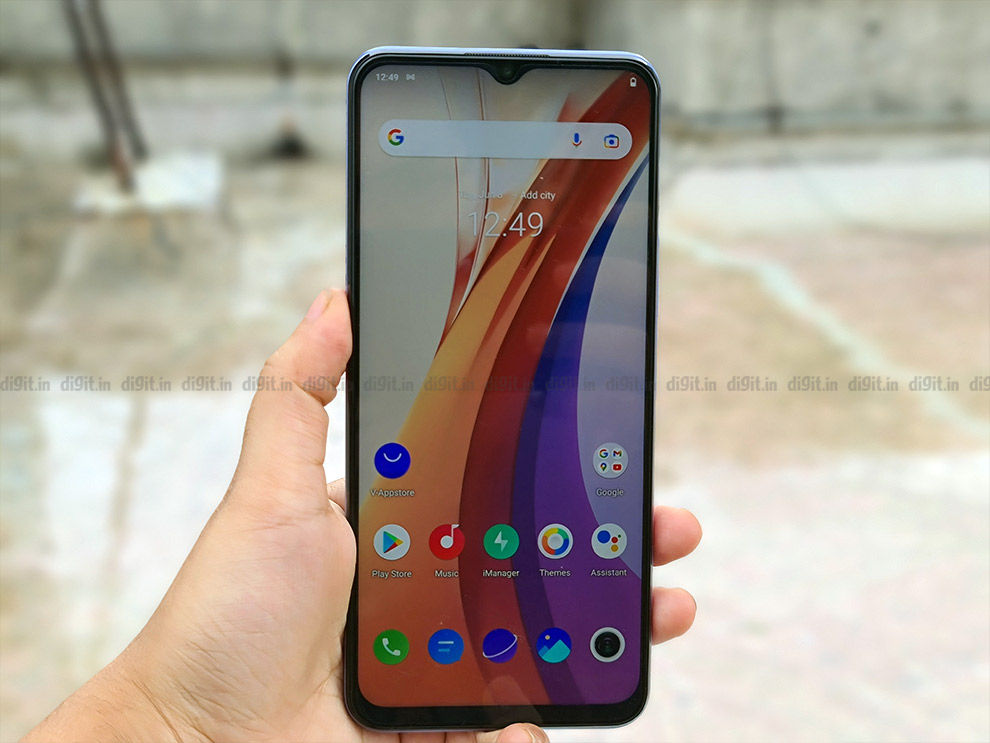
As for the display, the iQOO Z3 5G comes packing a 6.58-inch IPS LCD display with Full HD+ resolution (2408×1080). It comes with 120Hz refresh rate support and 180Hz touch sampling rate, which provides a very smooth experience navigating around the phone. The refresh rate can be adjusted as per your requirements and or you leave it on Smart Switch which will intelligently switch the refresh rate as needed. The phone has a teardrop notch at the top and narrow bezels on the sides but a wide chin bezel. As for display protection, it comes with Panda glass. It is disappointing to see a teardrop notch in this price range since most phones in this range come with a much better looking punch-hole cutout for the selfie camera. It makes the phone look dated and cheaper than it is.
The display performance of the iQOO Z3 5G is nothing to write home about. We recorded a maximum brightness of 361 nits and 2 nits of minimum brightness. This is on the lower side, but legibility in sunlight is pretty decent nevertheless. The display is HDR10 compliant as well. Overall, content looked good on the display but the teardrop notch ended up obstructing the immersion.
iQOO Z3 5G Review Verdict
The iQOO Z3 5G has attempted to carve its mark in the affordable 5G smartphone market by offering great performance, good battery life, and a fair number of features such as 120Hz refresh rate, IP52 rating, and 55W FlashCharge. However, the device does miss the mark when it comes to camera performance, which we found mediocre, at best. Also, the lack of stereo speakers is slightly disappointing, and the teardrop notch simply doesn’t look great. All issues aside, we cannot deny the performance of the smartphone when it comes to gaming, day-to-day tasks, and battery life. If performance and battery life are of paramount importance to you when it comes to purchasing a smartphone, the iQOO Z3 5G is a great choice under Rs 25,000. However, if you want more of an all-rounder, we would have to recommend the Xiaomi Mi 10i over the iQOO Z3 5G.
Fuente: Digit
